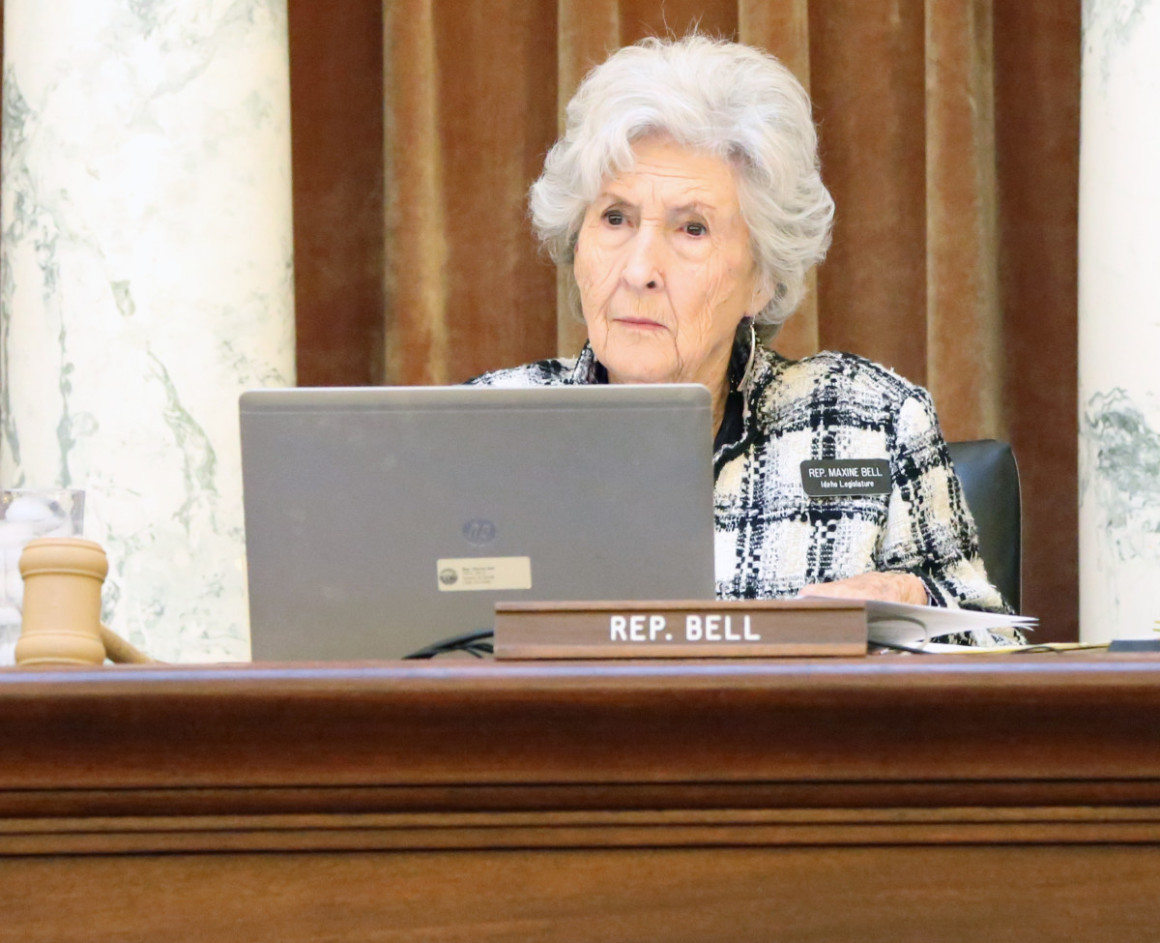The K-12 figure that came out of the Joint Finance-Appropriations Committee Monday is almost certainly not the final figure.
That’s because four K-12 proposals are still working their way through the House and Senate pipeline. If they pass both houses, and only if they pass both houses, JFAC will get back to work and put up some money.

In legislative lingo, this vehicle is known as a “trailer bill.” That’s because it’s a followup spending bill that trails behind the initial spending bill.
So what are the prospects for these four trailer bills? Here’s the early handicapping.
Literacy. It wasn’t too long ago that the literacy initiative was floundering in the House Education Committee. Lawmakers had questions about where the state would spend $10.7 million. They weren’t sure they’d be able to tell if the programs would actually provide struggling kindergartners through third-graders with the reading help they need.
Then came last week. On Wednesday, the first piece of the literacy puzzle passed on the House floor with only one no vote. Two days later, a second literacy bill passed with only two dissenting votes — and only after Rep. Pete Nielsen, R-Mountain Home, recanted for his no vote on Wednesday’s bill.
Both bills now go to the Senate Education Committee, where they are likely to get a hearing soon. Neither bill has a dime attached to them, of course. That’s still JFAC’s job.
But after Monday’s JFAC meeting, House co-chair Maxine Bell called the $10.7 million literacy budget “a given.”
Said Bell, R-Jerome, “I can’t imagine anybody not going that extra mile.”
A big piece of Gov. Butch Otter’s K-12 platform, the literacy program looks like it’s in good shape.
Funding mobility. Otter’s budget request sets aside close to $2.2 million to try to solve an old problem: providing money for schools that add students during the course of a school year. This is a particularly big deal for alternative schools and virtual charter schools, which often take on transfer students midyear.
But here’s the rub. No one has agreed on a formula. Otter vetoed a funding mobility bill in 2015; seven weeks into the 2016 legislative session, a new bill hasn’t surfaced yet.
Sen. Dean Mortimer and Rep. Reed DeMourdant — chairs of the Senate and House education committees — are still working on wording on a new bill, said Rep. Wendy Horman, R-Idaho Falls, a JFAC member who assumes a key role in the budget-writing process.
There is still time to pass a student mobility bill, and put some money into it. But as the 2016 session heads into its final few weeks, the clock is ticking.
Leadership premiums. As it now stands, instructional and pupil service staff can receive up to $850 for assuming leadership roles, taking hard-to-fill jobs or mentoring. The State Department of Education wants to boost those premiums to $900 — at a cost pegged at $979,200.
The idea hit some resistance on the Senate floor last week, although it passed a 26-8 vote. The dissenting votes came from eight Republicans, including three of the nine Republicans on Senate Education. Bell won’t go so far as to say the bill is in trouble on the House side — but it still has to get through House Education and pass on the House floor.
Innovation schools. Horman has a bill to create — and fund — up to 10 “innovation schools” grants statewide.
The innovation proposal is just starting to work through the Legislature; House Education only introduced the bill Friday morning. But the concept has some built-in backing; like the literacy initiative, the innovation idea is rooted in Otter’s 2013 education task force. In addition, the grants are not a big-ticket item; Horman’s bill would set aside $100,000 a year, in the context of a K-12 general fund expected to top $1.5 billion.
